BTEC and T Level – The Curriculum Guide 2022
“BTEC is considered the gold standard of vocational learning.”
Peter Jones CBE. Entrepreneur.
January 2020 – SchoolsCompared.com Curriculum Guide to BTEC and T levels
In this, our first Curriculum Guide of 2020, we look at BTEC qualifications and the impact of the impending launch of T levels.
Background – BTEC and T Levels
BTEC (and, in the future, the T Level – see below) is the best kept secret of both the British and International Baccalaureate – they are the single qualification that links, at least arguably, the best global educational curriculum approaches in the world. BTEC sits as the gold standard for technical stream vocational education in the British system and, according the level studied, offers qualification equivalence with IGCSE and A’ Level. In the International Baccalaureate system, BTEC is almost universally used as the hub qualification for the outstanding Career-related programme. BTEC stands for Business and Technology Education Council and is awarded by Pearson.
The introduction of the T-level, as the vocational counterpart to A-levels, will begin in 2018 and be completed by 2022. There is some disagreement about what this will mean for BTEC, but it is possible that eventually BTEC qualifications will evolve in a modified form as A Level and T Levels become the de facto and de jure standard for choosing between academic (A Level) and vocational/technical (T Level) educational qualifications.
Criticism
Historically, BTEC, as a qualification, has (in our view, unfairly) not had a good press. So let’s get this out of the way first. The first argument used against BTEC can be bluntly summarised in the claim that BTEC is a second tier qualification for children who are somehow not bright enough to sit for A Level.
This view simply does not hold water and it’s arguable in part that attempts to ruin the reputation of BTEC here are driven more by political angst than substance. These views carry a prejudice that technical and vocational education is of less value, when in reality it is the opposite that is in many ways driving key sectors in the global economy.
The alternative view, much more credible, is that pushing technically brilliant children into A Levels robs them of the chance to excel, develop their natural gifts and meet their potential and ambition. For those students who want to enter industry without going first to university (or wish to study for a degree in parallel with working) in the majority of sectors A Level, compared with BTEC, provides very poor preparation.
The second critique of BTEC is that it does not prepare children well enough for the examination-rooted testing and awarding pressures of university. There is some truth in this in the published figures of those who drop out of university early. Evidence suggest the rates are higher amongst those who have studied BTEC. This, however, is arguably more a problem with the archaic ways in which many (but not all) universities still depend on the examination to judge student’s attainment. There is evidence that universities are beginning to recognise this failure on their part by building courses that fit the academic and technical profile of all its students. As T Levels are introduced we would expect universities to get their house in order.
In terms of preparing students for specific careers however, BTEC offer unarguable advantages over A Levels. A Levels are simply not designed to prepare students for the direct skills needed by industry. A BTEC in Equine Management, for example, requires 225 hours spent directly with an employer in the Equine sector. For a child bent on a career in this sector, A levels can offer little, if anything at all.
Theory and Practice
The theory of BTEC is that it is the mirror image of A Level. A Level, in its purest form, is academic, theoretical, intellectual and conceptual. BTEC in its purest form is practical, applied, concrete, material and hands-on.
Of course, in reality, there are elements of both intellectual and practical in both BTEC and A Level. You just have to think of labs experiments in chemistry to use a single example from A Level. Equally, physically building the electronics for an autonomous vehicle cannot be done without an intellectual grasp of physics, mathematics and chemistry. Economics, Business Studies, law and psychology are studied within the BTEC in Travel and Tourism. The difference lies in approach; BTEC concentrates on the application of knowledge – and at a higher level, the innovative application of knowledge. You would probably, all things being equal, find more James Dysons and Bill Gates studying for BTEC than A Level.
This is not to say that many children do not combine the study of both. In the best schools, we think that there should be the the opportunity to study for a mix of A Levels and BTEC – and there is some evidence to suggest that a mixture of BTEC and one A Level (and or an Extended Project Qualification) is liked by many universities, and particularly those in the Russell Group.
Equally, in the International Baccalaureate sector the Career-related programme is weighted equally as the Diploma in the vast majority of UK top-tier universities.
Subjects and pathways
BTEC subjects that feature highly in the UAE include Sport and exercise Science; Business and management studies; Computer Science; and Tourism. However, we would like to see much greater choice, and particularly inclusion of BTEC subjects in Engineering (which include Aeronautical, mechanical and electrical specialisms). In fact there are 31 separate areas for study, offering in turn more than 2000 subjects for individual study, available in BTEC, ranging from Entrepreneurship, Equine Management and Financial Services to Forensic/Criminal Investigation to Music Production; Human Resources; Retail; and the Performing Arts. We can see no reason why any number of these areas should not be introduced.
It is very likely that as the schools sector evolves in the UAE, we will see growth in specialist Sixth Form schools that focus on a very broad array of technical options at BTEC or T level for children. In many ways you could argue this is the last unexplored opportunity in the UAE school sector.
BTEC as is evident above is designed with an employment focus. The aim is that students complete their BTEC study with the exact skills needed to work in their chosen industries. Courses are judged predominantly by coursework, although there is an examination element at Level 3.
BTEC is, however, equally accepted by 97% of all major universities including the top tier Russell Group universities in the UK. More than 50% of students entering university now do so with BTEC qualifications. However, it does depend on the course studied and applied for. This equally holds true of A Levels. A student should not expect to study a degree in Physics if he/she had focused their BTEC studies in the area of Travel and Tourism or, equally, their A Level study in Arts subjects.
Challenge
btec-student-guide
In terms of difficulty, both BTEC and A Level can be as challenging. All subjects and types of study depend on the child. If a child studies for an A Level in which they have no interest, a lack of formative knowledge or a lack of ability the will struggle. Put an academic child with strengths in examinations to study an A Level in which they have ability and passion and they will fly. The same child will of course struggle with an engineering BTEC in which they are building electronic circuits and 3D CAD as part of studying evolution to self-driving automobiles.
Bottom line: The SchoolsCompared.com view 2018
I-choose-btec-postcard-2017
As soon as you start to see BTEC (and eventually T Levels) as part of the bigger picture of how schools should have sufficient subject breadth to meet the needs of children, the case for BTEC becomes unarguable. British Schools, and certainly academically inclusive ones, should, in our view, be offering BTEC as a matter of course. British schools that do not offer BTEC are, in our view, not offering the minimum level of choice we should expect of all schools and certainly those that profess to be meeting the needs of children effectively.
Equally, within International Baccalaureate schools we think that the (generally BTEC core) International Bacccalaureate Career-related Programme should be offered as standard with the Diploma. Parents have a right to expect this from any school seriously intending to meet the broadest possible needs, ambitions, abilities and gifts of its children.
For the right child, BTEC offers a lifeline and opens doors to careers and higher educational study that would otherwise be closed. Technical education should not be seen as a luxury or added extra. Not all children are academic – nor should we force them to be. If schools believe in children, we think they need a technical stream offer. Without it children will, and do, get left behind.
BTEC, and its Career-related Programme equivalent in the International Baccalaureate school sector, come highly recommended.
Level 2 BTEC qualifications
Level 2 BTEC qualifications (known as BTEC Firsts) are offered in schools as a complement to GCSE programmes. They can also be offered, in some cases, to children studying between 16 and 18 years. and others are offered in post-16 institutions. A pass is equivalent, depending on its level, and type, to securing an A*C at one or more IGCSEs.
| BTEC Level 2 | GCSE size equivalence | Grading |
| BTEC Level1/ 2 Diploma | 4 x GCSEs | PPP to Distinction *** |
| BTEC Level 1/2 Extended Certificate | 3 x GCSEs | PPP to Distinction *** |
| BTEC Level 1/2 Certificate | 2 x GCSEs | PP to Distinction ** |
| BTEC Level 1/2 Award | 1 x GCSE | Pass to
Distinction* |
Level 3 BTEC qualifications
The BTEC Level 3 qualification (also known as the BTEC National) is generally studied by children between 16 years and 18 years. Entrance to a Level 3 BTEC requires five or more GCSE grades A*-C including English, Mathematics and Science.
| BTEC Qualification | A level size equivalence | Grading |
| BTEC Level 3 Extended Diploma | 3 x A levels | PPP to Distinction *** |
| BTEC Level 3 Diploma | 2 x A levels | PP to Distinction ** |
| BTEC Level 3 Foundation Diploma | 1.5 x A levels | PP to Distinction ** |
| BTEC Level 3 Extended
Certificate |
1 x A level | Pass to
Distinction* |
| BTEC Level 3 Certificate | 0.5 x A level | Pass to
Distinction* |
BTEC Gradings – at a glance
BTEC qualifications are graded differently from the IGCSE and A Level (which use A-G/9-1 or A-E).
BTEC subjects are graded Pass, Merit, Distinction and Distinction*
As above, a BTEC Level 1 and 2 grading is equivalent to an IGCSE level of study and a BTEC Level 3 is equivalent to an A-Level standard of study.
Level 1 (IGCSE equivalent)
A Level 1 Pass is equivalent to grades D-G or 3-1 at IGCSE.
Level 2 (IGCSE equivalent)
A Level 2 Pass is equivalent to a grade C or 4/5 at IGCSE.
A Level 2 Merit Grade is equivalent to a B or 6 Grade at IGCSE
A Level 2 Distinction is equivalent to Grade A or 7 at IGCSE
A Level 2 Distinction* is equivalent to Grade A* or 8/9 at IGCSE
Level 3 (A Level equivalent)
A BTEC Level 3 Pass grade is equivalent to an E at A-Level
A BTEC Level 3 Merit grade is equivalent to a C at A-Level
A BTEC Distinction is equivalent to an A at A-Level
A BTEC Distinction* is equivalent to a A* at A-Level.
The TechBacc
The ‘TechBacc’ requires students to achieve a Technical Level qualification, a Level 3 Mathematics qualification and an Extended Project Qualification.
© SchoolsCompared.com 2020













































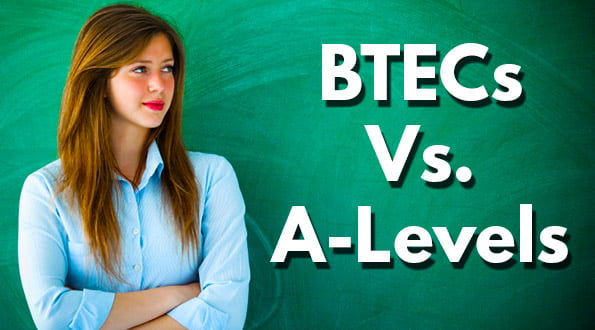
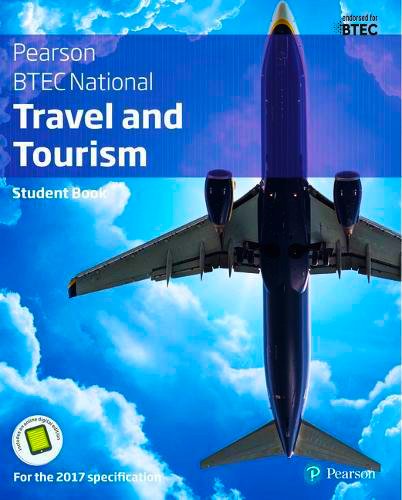


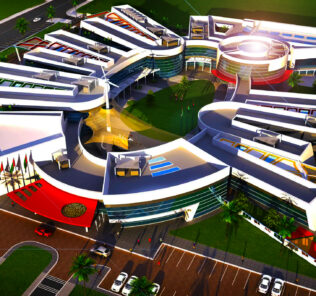




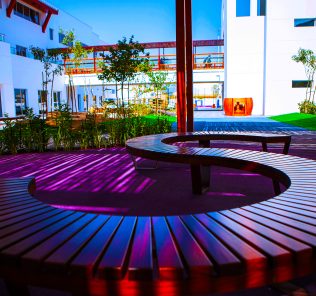
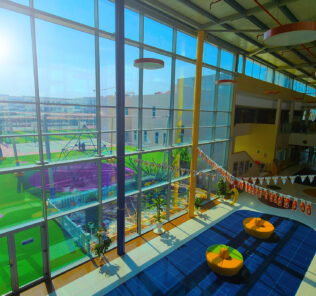
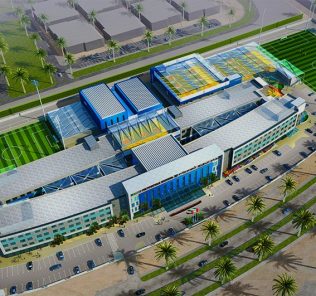
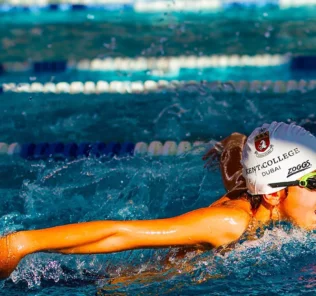



















Leave a Response